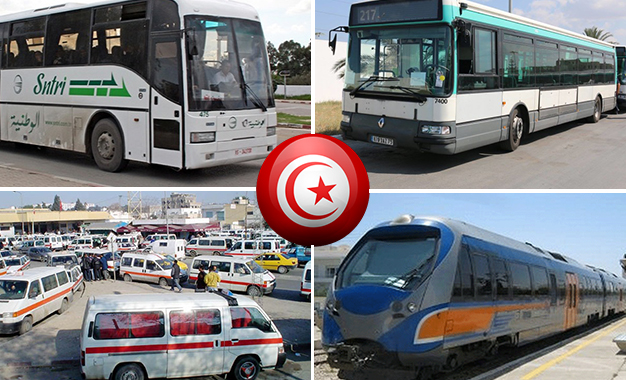
The Tunisian Railways Company, known as Société Nationale des Chemins de Fer Tunisiens (SNCFT), operates the train network in Tunisia. The network is extensive, stretching from the north to the south, and covering major cities like Tunis, Sousse, Sfax, and Gabes.
The SNCFT operates two types of trains:
Tickets can be purchased at train stations or onboard the train. It's recommended to buy tickets in advance during peak travel seasons. Discounts are available for students, seniors, and groups.
Buses are a common mode of transport in Tunisia, especially for short and medium-distance travel. The major bus operators include SOCOTRAM and LOUTISS.
Buses operate between major cities and towns, with frequent services in urban areas. They also serve tourist destinations, making them a convenient option for sightseeing.
Bus tickets can be purchased from the driver or at bus stations. It's advisable to have the exact fare as change may not always be available.
Taxis are widely available in Tunisia and are a convenient way to navigate the cities. They can be identified by their yellow color and green roofs.
Taxis operate on a meter system, and the fare is determined by the distance traveled. However, it's advisable to agree on the fare before starting the journey, especially at airports and tourist sites.
If you're planning to visit the island of Djerba or other coastal cities, ferries are a viable option. The Compagnie Tunisienne de Navigation (CTN) operates most of the ferry services.
Ferries operate between Tunis, La Goulette, and other coastal cities. There are also international routes to Italy and France.
Ferry tickets can be purchased online or at the port. It's recommended to book in advance during peak travel seasons.
While using public transport in Tunisia, it's essential to be aware of your surroundings and keep your belongings secure. It's also advisable to learn a few basic Arabic phrases or carry a translation app to communicate with locals.
Yes, public transport in Tunisia is generally reliable. However, services can be less frequent in rural areas. It's always advisable to check the schedules in advance.
While some buses and trains accept credit cards, it's advisable to carry cash as not all terminals may work. Also, smaller buses and shared taxis usually only accept cash.
Yes, it's customary to give up your seat for the elderly, pregnant women, and people with disabilities. Also, eating and drinking are generally not allowed on public transport.